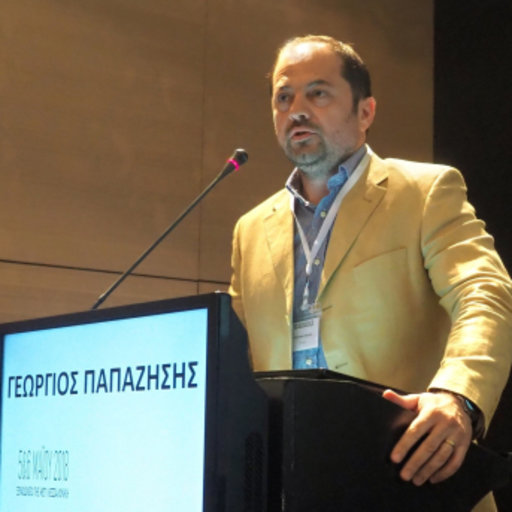Speaking to Sputnik Hellas, Papazisis focused on the effectiveness of the vaccine.
Papazis explained that the Sputnik V is 91.6% effective based on the result of the mid-term analysis of 21,000 people 21 days after they were given the first dose of the vaccine.
"That is, when the second dose was given, then the effectiveness was measured and this percentage was seen," the professor explained, adding "these are good, promising results."

He pointed out that the Gamalegia Institute announced these results in a press release and "now they have been confirmed with the publication in The Lancet."
"Sputnik V will be an option for Greece if approved"
The professor of Pharmacology at the Aristotle University of Thessaloniki stated that "what we expect is the results of the final analysis."
If the Russian vaccine is approved by the European Medicines Agency, it will be a "choice for the European Union."
"After the standard drug evaluation process, this vaccine will also be an option for the European Union, obviously for our country as well," he said.
Papazisis believes that vaccinations are what will get us out of the pandemic.
"I consider the vaccination of the general population to be the only means in combination with the specific measures that must be observed in order to get us out of this labyrinth," he said.
Regarding vaccinations that are now being carried out in Greece and whether a large part of the population will have been vaccinated by the beginning of the summer, the professor argued that this depends on the rate vaccines are supplied.
"Currently, the vaccination rate in our country is quite good. We are in the European average and in fact a little above it," Papazisis said.

The professor explained that if Greece continues to open new vaccination centers and there is a steady supply of vaccines, "then we are at a good pace" to vaccinate most of the population by summer.
He added, however, that "it is not possible to predict with certainty whether it will be June or August - possibly September - which will have covered the largest part of the population."
"However, if we continue at this pace, there are vaccines available and our vaccination power increases even more, we are on the right track," he concluded.

